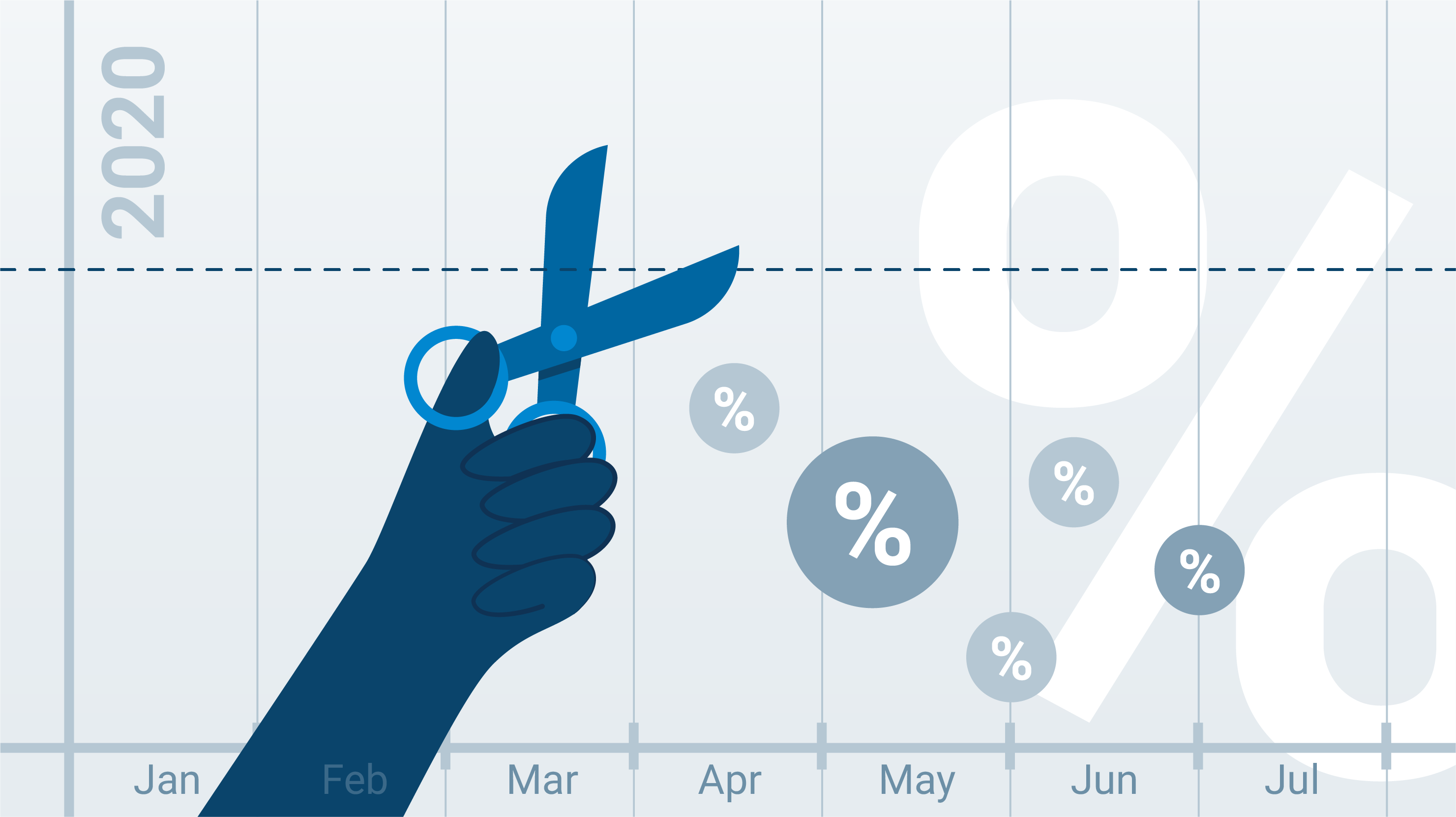This article was written by guest author Jam Michael McDonald, of Zoocasa.
With the decision by the UK to withdraw from the EU, Canada—like so many other nations—waits for the true economic effects to hit. There are a few significant areas Brexit will affect Canadians which, in turn, will affect Canadian mortgages.
A change in exports and investment
Canada’s trade agreement with the EU, the Comprehensive Economic and Trade Agreement (CETA), has yet to be signed. These things take an unbelievable amount of time and go through a seemingly endless length of red tape. And even so, CETA would have encompassed the UK had they not pulled out from the EU.
This essentially means Canada and the UK will have to arrange their own trade deal, a possibility than could take many years to come to fruition. Should exports to the UK change or decline because of this—exports that are currently at $16 billion—Canadian businesses that have investments in the UK may be in trouble. And if these businesses close or have their growth stunted, that could affect surrounding residential real estate for sale.
There are also worries that financial instability in the UK will affect Canadian investment in the country. With over $68 billion in foreign investment, Canadians with interest in the UK may have to reinvest, affecting their desired mortgage and interest in local real estate.
A hot US dollar and a hotter real estate market
Should the British pound fall due to economic agitation in the region, the US dollar will strengthen against it. This could lead to more US interest in Canadian real estate—Whistler, Niagara on the Lake, and other tourist spots, especially—but also a slowed US economy.
With interest from buyers from the US, investors from the UK, and Canadians abroad in Europe looking for stable investment, the market is likely to stay as busy as ever; Toronto real estate listings are sure to stay at record highs. With regard to mortgages, the confusion around Brexit could keep rates low, but ever-increasing prices could leave many buyers out.
Bond yields at historic lows
Even before the vote, the fears of Brexit forced bonds across the world to take a dramatic tumble, one that we still haven’t recovered from. This is forcing interest rates down, meaning more expensive homes are suddenly more accessible.
That hot market mentioned earlier is only going to stay hot. However, this could allow buyers to reach for homes they can barely afford, leaving them strapped for cash when interest rates rise.
While we will feel some of the ripples from this historic outcome, we should be thankful we’re not a part of the EU. Rates and investments in that region are forever changed, especially as the EU chooses a new financial centre; without London, delegates may choose Dublin (should Ireland break away from the UK), Paris, Berlin, or another metropolis. And if other countries leave the EU in the wake of Brexit—France and Sweden have been mentioned a dozen times already—Canadians could feel the repercussions again.
The post How Brexit Could Affect Canadian Mortgages and Real Estate appeared first on Lendesk.




